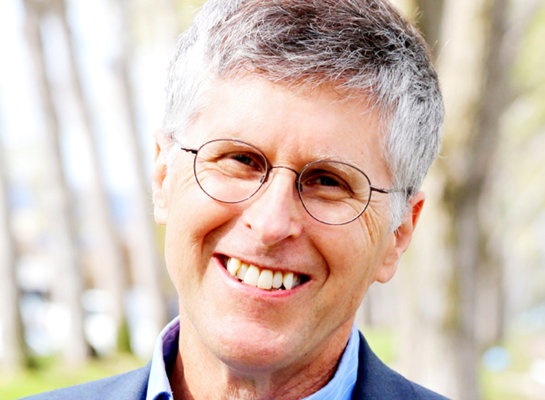Impossible Foods is having quite the year.
In the past seven months, the company has signed a nationwide deal with Burger King, weathered a demand surge that saw supplies dwindle and stocks of its signature Impossible burger sell out across the country, and raised fears among players in the $98 billion meat market that they could lose their grip on the American diet.
In October, the principal architect of this impossibly bold assault on the meat market will take the stage at Disrupt SF to talk about it all.
Patrick Brown has been on a wild ride since launching Impossible Foods in 2011. The idea for the company came to Brown, already a famous geneticist, while on sabbatical from his position as a professor of biochemistry at Stanford University School of Medicine.
In his earlier research Brown had already helped define the mechanism by which HIV and other retroviruses incorporate their genes into the cells they infect. At Stanford, Brown and his colleagues developed a new technology that lets researchers monitor the activity of all the genes in a genome and analyze, identify and interpret gene expression.
It was that work with genetics that led Brown to identify Impossible Foods’ key innovation, the development of synthetic heme — a molecule that makes meat… well… meaty.
Driven by the desire to address the environmental impact of animal farming, Brown and Impossible Foods have ambitious plans to develop plant-based alternatives to fish, poultry and beef around the world.
Along the way, Impossible has riled the beef industry, faced down supply chain snafus and made an unlikely ally in Burger King — one of the largest purveyors of beef patties in the U.S.
On our stage in San Francisco, Brown will talk about it all. It’s sure to be a fascinating conversation that will leave our audience with a lot of meaty issues to chew on.
Disrupt SF runs October 2 – October 4 at the Moscone Center in San Francisco. Tickets are available here.
( function() {
var func = function() {
var iframe = document.getElementById(‘wpcom-iframe-661cf9b1b8f85f5aae09b8946cafadba’)
if ( iframe ) {
iframe.onload = function() {
iframe.contentWindow.postMessage( {
‘msg_type’: ‘poll_size’,
‘frame_id’: ‘wpcom-iframe-661cf9b1b8f85f5aae09b8946cafadba’
}, “https://tcprotectedembed.com” );
}
}
// Autosize iframe
var funcSizeResponse = function( e ) {
var origin = document.createElement( ‘a’ );
origin.href = e.origin;
// Verify message origin
if ( ‘tcprotectedembed.com’ !== origin.host )
return;
// Verify message is in a format we expect
if ( ‘object’ !== typeof e.data || undefined === e.data.msg_type )
return;
switch ( e.data.msg_type ) {
case ‘poll_size:response’:
var iframe = document.getElementById( e.data._request.frame_id );
if ( iframe && ” === iframe.width )
iframe.width = ‘100%’;
if ( iframe && ” === iframe.height )
iframe.height = parseInt( e.data.height );
return;
default:
return;
}
}
if ( ‘function’ === typeof window.addEventListener ) {
window.addEventListener( ‘message’, funcSizeResponse, false );
} else if ( ‘function’ === typeof window.attachEvent ) {
window.attachEvent( ‘onmessage’, funcSizeResponse );
}
}
if (document.readyState === ‘complete’) { func.apply(); /* compat for infinite scroll */ }
else if ( document.addEventListener ) { document.addEventListener( ‘DOMContentLoaded’, func, false ); }
else if ( document.attachEvent ) { document.attachEvent( ‘onreadystatechange’, func ); }
} )();










